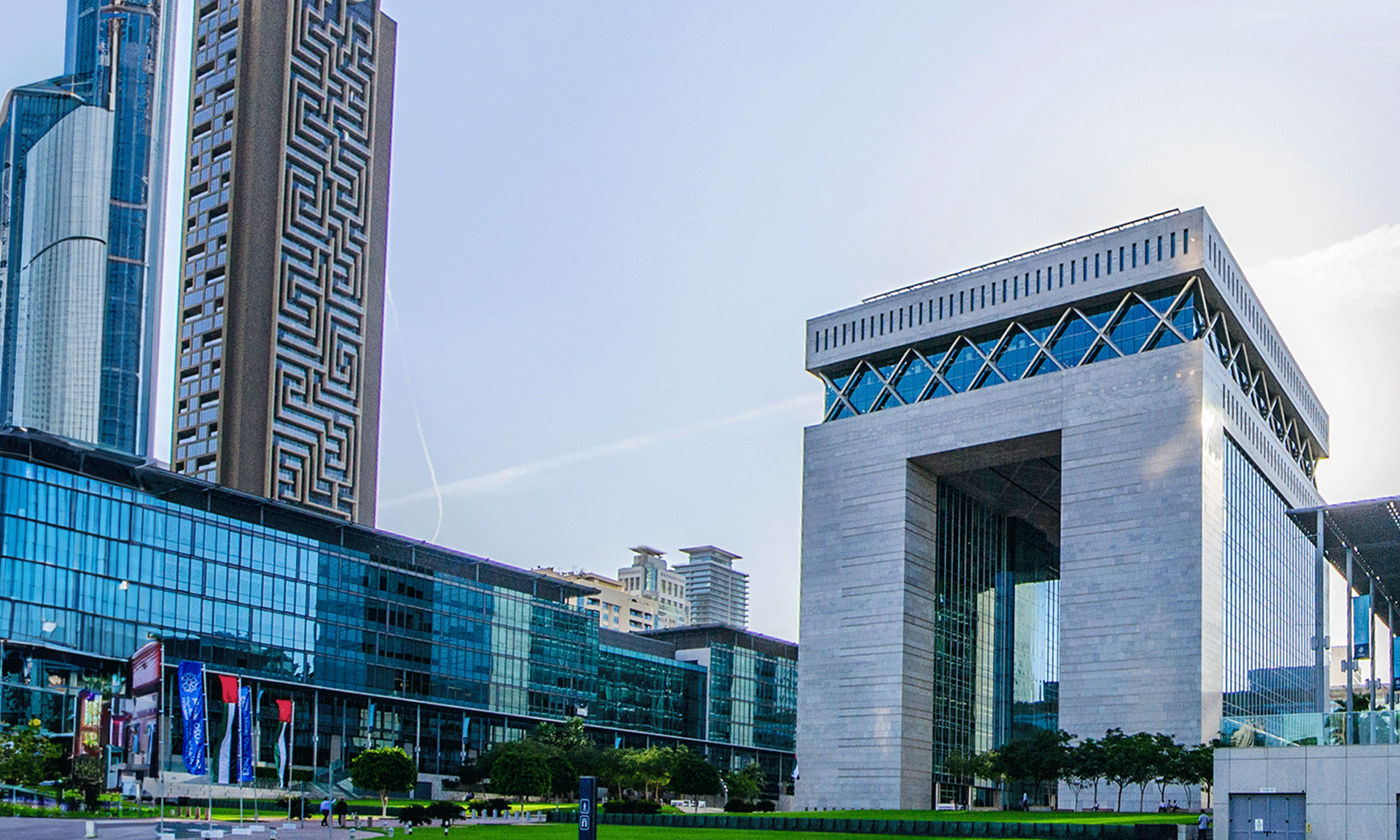The data sharing technology known as “Blockchain” has been used in the creation of cryptocurrencies such as Bitcoin. Up until recently, it has been used for electronic transactions such as money transfers, payment processors, retail loyalty rewards programs, and more. In the simplest of terms, it is an ingenious method for passing information from Point A to Point B by using blocks of data that can easily be verified by thousands, if not millions of computers throughout the internet.
DIFC Collaborates with Mashreq Bank
However, as of this past March (2020), licensed businesses and corporations are now able to accelerate their compliance with KYC (Know Your Customer) requirements thanks to the use of the Blockchain data sharing platform. The Swedish corporation Norbloc built the platform, which the Dubai International Financial Centre launched in collaboration with the Mashreq Bank. As a result, UAE banks and large corporations can use this platform to transfer authenticated and validated company data in order to share it instantly with major financial institutions.
Faster Access to Open Bank Accounts
The DIFC is responsible for generating the primary KYC record during corporate license application process. One of the primary benefits is that banks will no longer need to spend their resources or time verifying their customer’s identity as this enables UAE companies that are registered with Blockchain to open bank accounts immediately. A consortium of banks including the Abu Dhabi Commercial Bank, Commercial Bank of Dubai, Dubai Economy, Emirates Islamic, Emirates NBD, HSBC, and RAKBANK have become allies in order to speed up the adoption of the initiative. The collaboration will help streamline the processes better and improve the accessibility.
Blockchain Streamlines Banking Processes
Consequently, the heads of these different institutions have stated that they are all in favor of increasing the usage of Blockchain throughout the financial community as it could transform the process of using pen and paper. The DIFC’s initiative regarding the utilization of Blockchain technology will enable banks to streamline the new customer sign-up process. Additionally, the technology promotes the sharing of data between licensing authorities and financial institutions. The use of the KYC Blockchain is only the first of many future applications and developments that can the government will be able to use in the financial sector. Considering the innovations, this is a major step to improve the banking processes.























